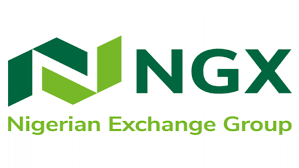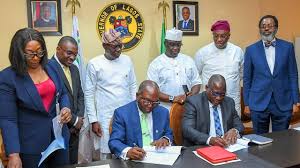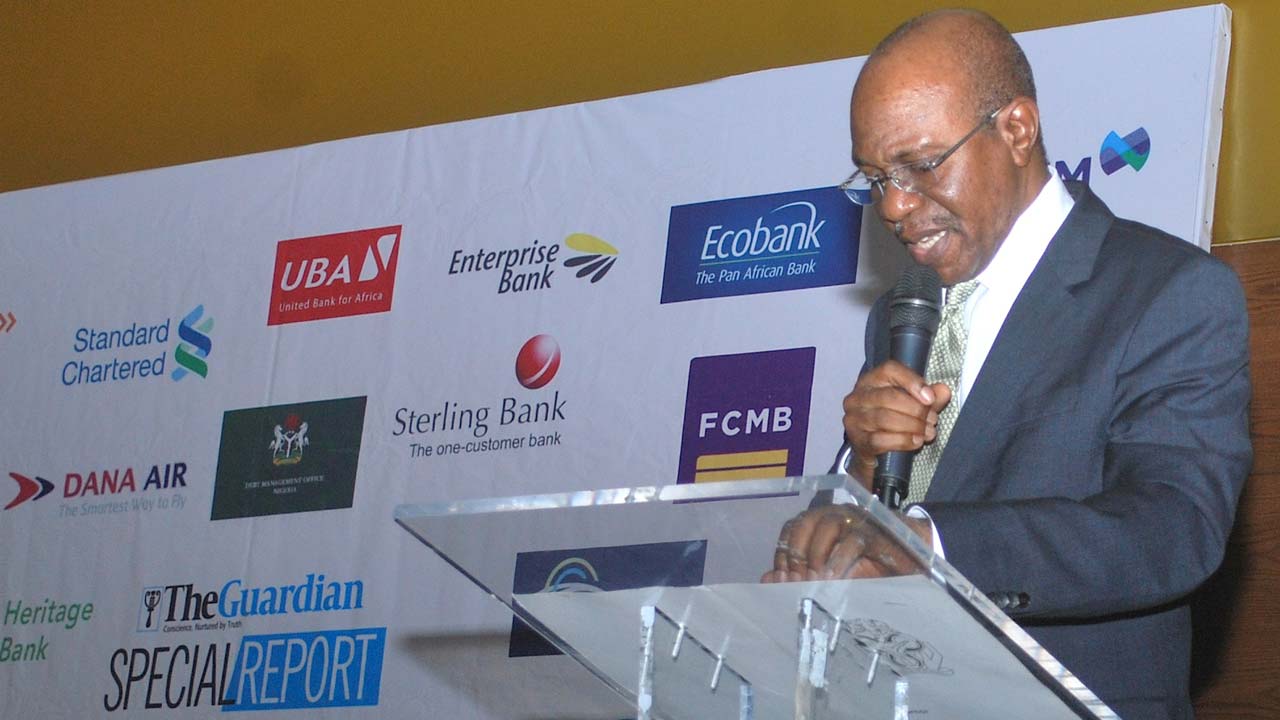Minister of State for Petroleum Resources, Dr. Ibe Kachikwu on Thursday in Abuja, agreed that the combined forces of emerging crash in crude oil price to about $42.5 per barrel and the likelihood of Nigeria being forced to join other members of Organisation of Petroleum Exporting Countries (OPEC) in ongoing cut in oil production will definitely affect the 2017 national budget.
OPEC will on July 24 in Vienna, Austria decide whether Nigeria and Libya will lose exemption from the cuts considering relative peace in both nations’ oil producing regions.
Already, the minister has made it clear that Nigeria would support all measures put in place by OPEC to ensure crude price stability globally, not minding if the cartel asks the country to cut down its oil production volume.
He however noted that the Ministry of Finance is looking for ways to cover some of the shocks that may come from the cut inclusion and drop in oil prices, assuring that part of that is efficiency, like how to cut down our expenditures.
Kachukwu noted that “the budget will be impacted”.
“But we are working hard at the Federal Executive Council (FEC) to see how we can forecast or predict that sort of impact in order to see how we can cover them.”
According to him, “Nigeria was currently producing 1.7 million barrels of crude oil per day, outside the volume of condensates produced by the country”.
Giving insights on what may transpire at the OPEC meeting on July 24, Kachukwu said “Serious members of OPEC will support the cuts when we are sure that we can have a stable and predictable production. Yes we’ve got 1.7 million barrels production daily, but it is still below the 1.8 million barrels used as benchmark for us at OPEC”.
“But the reality is that this is a very difficult terrain and we’ve got to watch it for a couple of months to be sure that what you see is quite sustained. We will ultimately find stability in this market. Nigeria will do whatever it takes to help that stability.”
While expressing hope that global oil prices might stabilise later this month or in August, he added that “conversations with other OPEC members would determine to what extent Nigeria would have to support in stabilising crude prices globally”.
“I’m sure that by the time I have conversations with my other colleagues, we will determine at what timeframe we will see Nigeria coming in with a lot more predictive analysis of what our market is looking like and what we need to do to further help. Hopefully by then, we would have been out of the price uncertainties that we are seeing today,” the minister argued.









